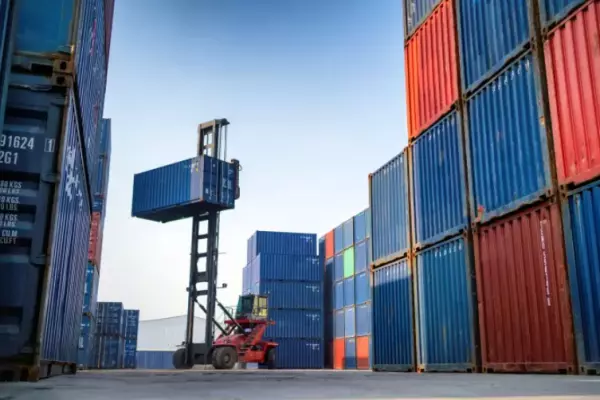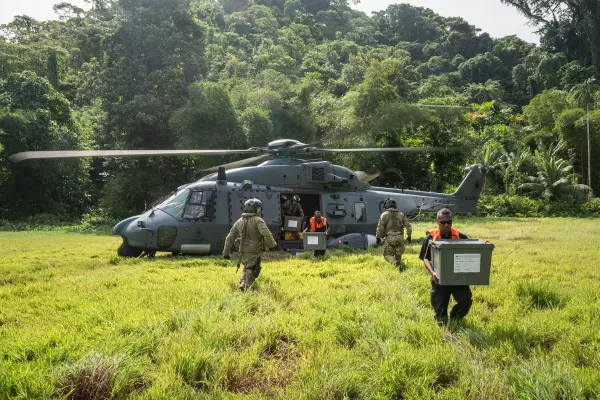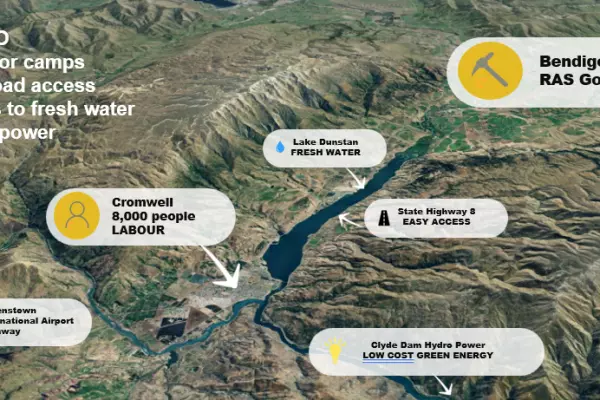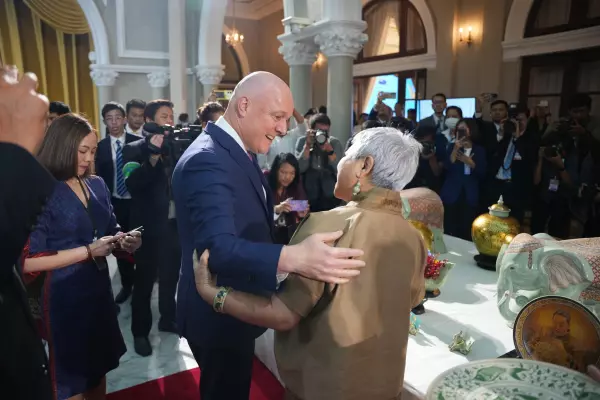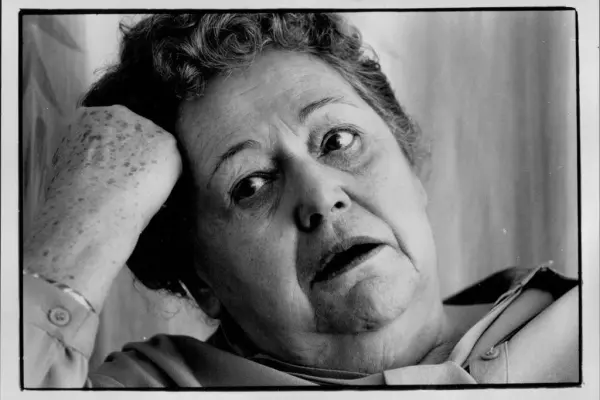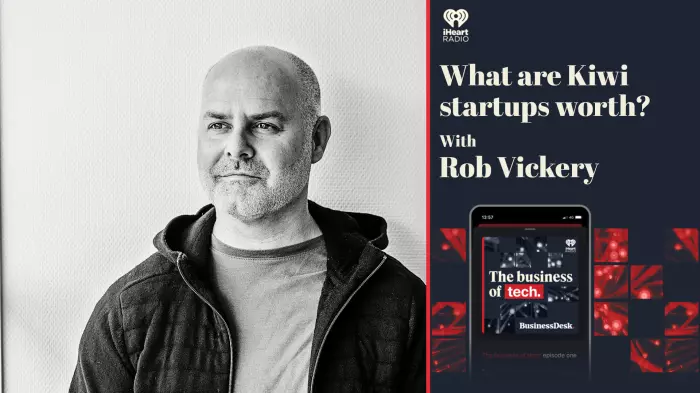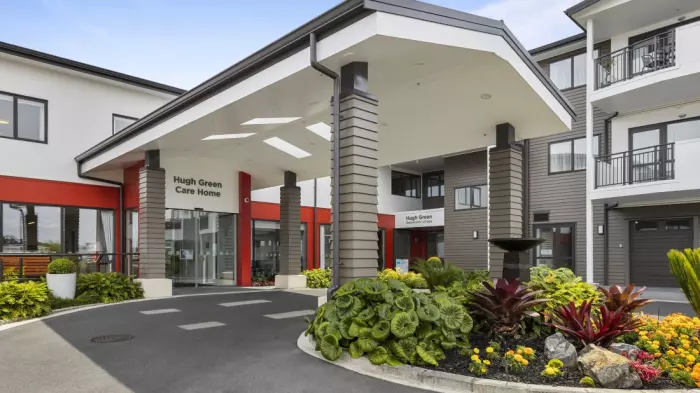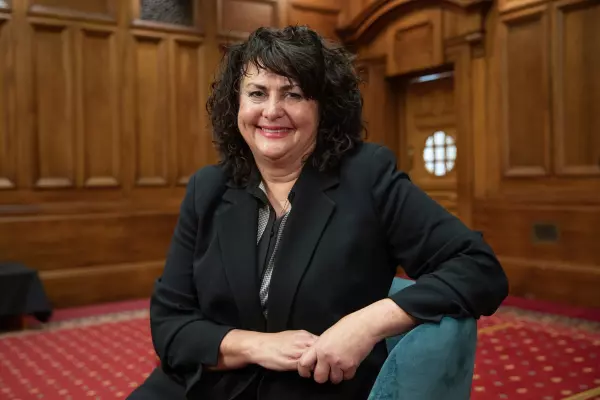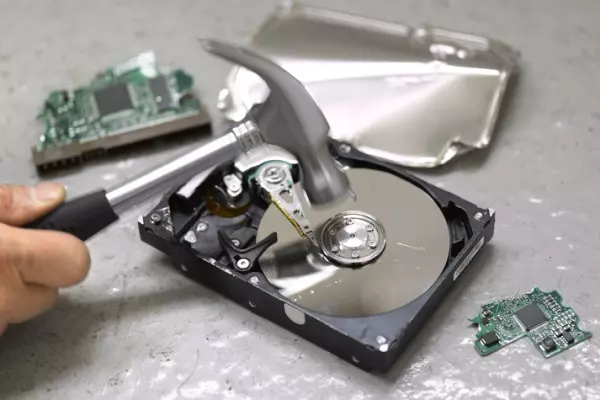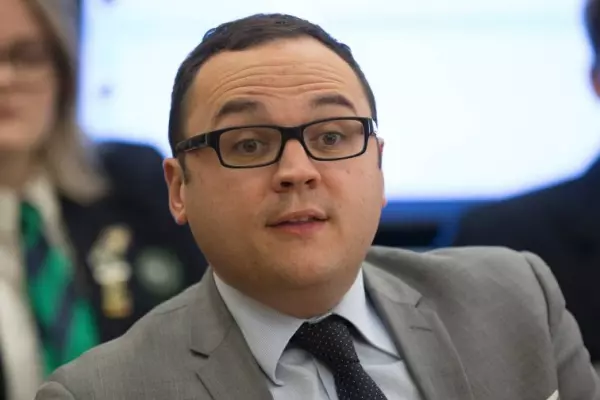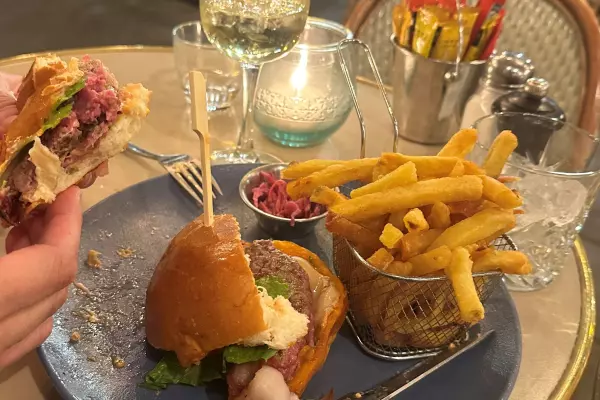Covid-19 total will reach 'several thousand' before abating: Ardern
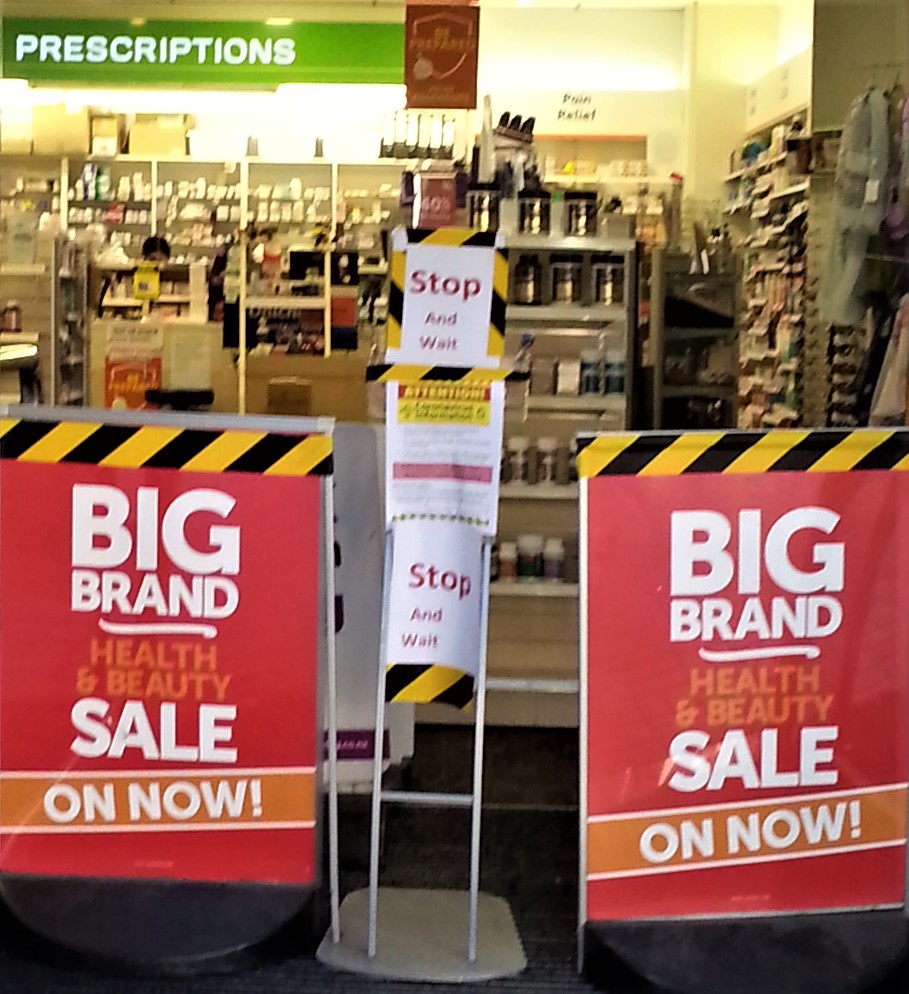
The total number of covid-19 cases will climb into the thousands in the next couple of weeks as the country heads into a four-week lockdown from just before midnight tonight, Prime Minister Jacinda Ardern said.
"This will get worse before it gets better," she told a limited sitting of Parliament where she addressed the fact that New Zealand has declared a national state of emergency for only the second time in its history: the last time being after the February 2011 Canterbury earthquakes.
Shortly before that address, the Ministry of Health confirmed that the national tally of confirmed and probable covid-19 cases had topped 200, now totalling 205 with the discovery of 50 new cases since yesterday, eight of them New Zealanders arriving home from overseas.
"The modelling suggests we could have several thousand cases before we see measures (to lock the country down) having an impact," she told journalists at her daily press briefing where she again hammered the line that there is only one answer to what people are allowed to do for the next four weeks.
"Stay home."
Golf? No.
Playgrounds? No. But parks with kids, probably OK.
Arranging an appropriately separate walk with a friend? No.
Surfing? Hunting? Mountain-biking? No, no, and no.
"Act as if you have covid-19," said Ardern, as the easiest guide to deciding the right thing to do during the Alert Level 4 lockdown that will see police and possibly the military patrolling streets with powers to stop and question anyone who's out and about as to their reason.
Don't even expect to be able to drive from a regional town to Auckland to pick up one of the 10,000 or so New Zealanders still returning from overseas before airlines virtually stop operating passenger flights in the next few days except for freight and essential services personnel.
Ardern promised arrivals would need to meet a "very high bar" for arrangements to get home in a self-isolated way. If they couldn't convince Customs officials at the border that their plan was sound, they face a fortnight in a hotel, motel or other quarantine facility before finally being allowed home.
For everyone already here and stuck at home, the director of civil defence and emergency, Sarah Stuart-Black, was very clear that venturing for nothing better than a "mooch around" won't cut it.
Getting fresh air is fine. Going to buy food is unavoidable.
But unless you work in an essential industry, you'd better have a good excuse for being out on a street that isn't very close to home.
This is at the heart of the 'eliminate' strategy for covid-19: all unnecessary and avoidable human contact must stop. That will stop the virus from passing from person to person.
Around the country, people who live alone, blended families, and parents whose parents look after their children while they work were discussing who would be counted as being in their "bubble."
Ardern confirmed her bubble is a bit bigger than most because of the job she has to do - her family, some key advisers, and government ministers.
However, that group was identified and does not change from now for four weeks, she said. Social media trolls who accuse her of hugging too many people are in for a quiet month.
But within 500 metres of the Beehive where Ardern addressed journalists sitting metres apart, The Dumpling Company on The Terrace hadn't got the memo and was serving customers for takeaway orders only.
In a nearby Wellington suburb, a Domino's franchise sported an 'Open' sign, despite the fast-expiring Alert Level 3 already requiring all bars, restaurants and takeaway shops to be closed.
In the suburb of Newtown, Domino's staff ripped down a sign offering delivered pizzas after a BusinessDesk reporter photographed it.
Ardern warned the effect of the lockdown would not be immediate.
"This will get worse before it gets better," she told Parliament. "We will have a lag and cases will increase for the next week or so. Then we'll begin to know how successful we'll have been," she said, taking care not to claim that the 'eliminate' strategy will definitely work but taking credit for New Zealand being in an unusually strong position to hope that it will.
"I am fully aware that we have moved with huge speed," she said. "No other country in the world has moved to these measures with no deaths and so few infections. We have five people in our hospitals, none in ICUs or needing ventilators at this stage."
The government could have waited for the numbers to worsen before taking such strong action. It could have taken more time to plan what has been a scramble since the middle of the week before last to put in place the most radical and expensive spending programme in the country's history to save jobs and businesses at the same time as trying to save lives through a national economic shutdown.
"Every hour we wait is one more person, two more people, three more people, exposed to covid-19. That is why we did not wait," she said, promising that the government would now be "the enforcer" of the physical distancing rules that are the only way to make the unprecedented lockdown work.
"An epidemic notice further strengthens our response to covid-19 and helps us manage effectively shutting down our country for the first time," she said.
Comments



